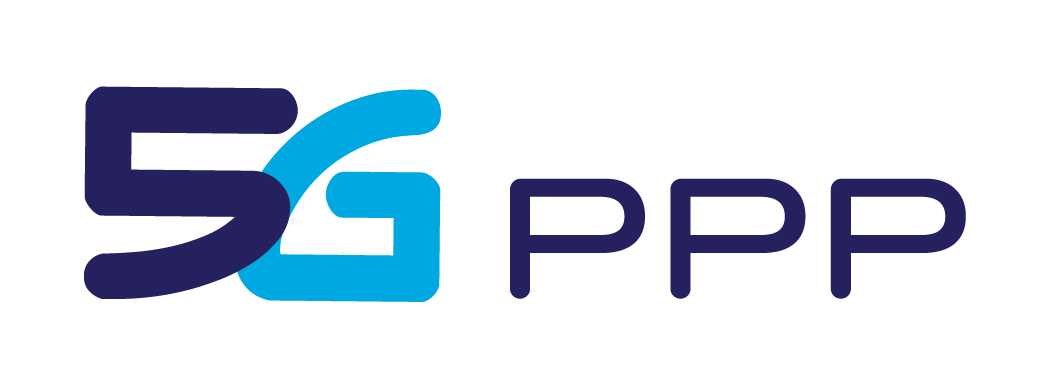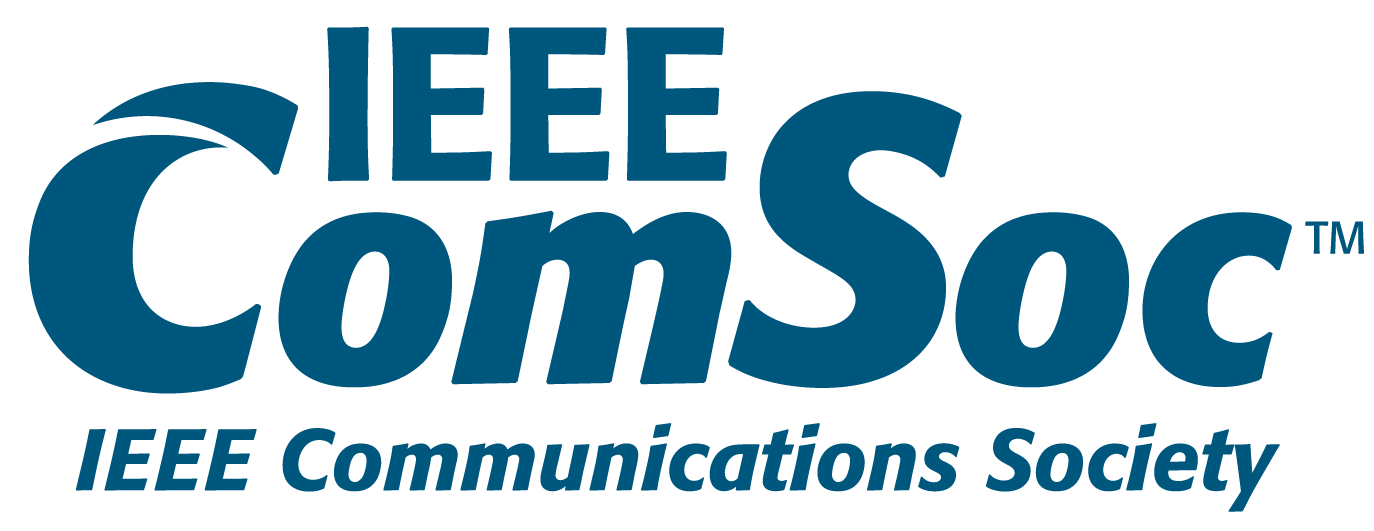Visions for Future Communications Summit


During the last years communications researchers have made great progress in all aspects of communications. Breakthroughs in optical communications, enhancements of the Internet architecture and novel data exploitation technologies, have enabled the high-capacity converged networks supporting highly diverse services. These advances have caused profound changes in the life of human beings worldwide. The perspectives for the future are of even more disruptive changes improving the quality of life our society.
As we are approaching the end of this decade, the fifth generation mobile network (5G) technology, providing mobile communication services of unprecedented quality, is on the path to become a commercial reality. This recent progress towards 5G has been enabled by a clear focus of research organizations, governmental research programs and the communications industry at large on this target. This is the critical time when researchers are starting to think about the next big steps in communications. How will people and machines communicate in the future? What kind of new communication services and data usage will impact our lives towards the end of the next decade? What will be the directions and challenges in communications and networking after 5G? What disruptive transmission technologies, network architectures, management and control schemes will allow us to take communications yet another step further?
The Visions for Future Communications Summit, sharing the vision pursued by the IEEE 5G Initiative, will bring together thought leaders from research, industry and governments, to discuss their visions of the future of communications. The 2 day event will consist of keynote presentations, invited presentations as well as submissions from open call addressing future challenges and opportunities in communications. Contributions will be selected based on visionary appeal rather than proven results. Emphasis will be put on disruptive ideas that can change the world. The conference will address network architectures and control, physical layer and transmission technologies as well as service related aspects in 3 parallel tracks.
In the services track we will discuss new communications services, their requirements and their impact on a changing society, including aspects such as cloudification and protection against cyber crime and cyber war. The network architecture and control track will (among other points) address radically new network architecture, the use of big data to manage networks effectively, self-organizing and maintenance free ubiquitous networks. The physical layer track will include radically new approaches such as quantum based communications, nano-scale communications or new materials such as graphene enabled communications.
The workshop will have three keynote presentations, and a total of 18 technical sessions, with five speakers each. These sessions will be followed by a final session where the conclusions of these sessions will be summarized, and final presentations by research agencies such as the NSF and the EU R&D organization will share and discuss their visions of future communications research with the participants to identify new, "post 5G" R&D directions as well as gaps and opportunities to be addressed in future R&D programs.
The event will be structured in the following way:
| DAY 1 | |
| Time | Day 1 (October 23rd, 2017) Morning Session |
| 8h45-9h00 | Welcome
Rector of ISCTE
President of Instituto de Telecomunicacoes
Networld2020 Chair |
| 9h00-9h30 | Keynote
Internet of NanoThings and Bio-NanoThings pdf
Ian Akyildiz (Georgia Institute of Technology) |
| 9h40-11h10 | New Systems and Objects
Panel Chair: Augusto Albuquerque (ISCTE-IUL)
Adam Drobot (OpenTechWorks Inc.) pdf
Keren Bergman (U. Columbia) pdf
Lajos Hanzo (U. Southampton) pdf
Marcello Caleffi (U. Naples / CNIT LNCM) pdf
Tomaso De Cola, DLR (German Aerospace Center) pdf |
| 11h10-11h30 | Coffee Break |
| 11h30-13h00 | Future Network Visions
Panel Chair:Roberto de Marca (IEEE)
Alexis Dowhuszko (CTTC) pdf
Latif Ladid (U. Luxembourg) pdf
Peter Steenkiste (Carnegie Mellon U.) pdf
Werner Mohr (Nokia) pdf |
| 13h00-14h30 | Lunch |
| Time | Day 1 (October 23rd, 2017) Afternoon Session |
| 14h30-15h00 | Keynote
The Future of Wireless and What it Will Enable
Andrea Goldsmith (U. Stanford) pdf |
| 15h10-16h40 | Novel Radio Solutions
Panel Chair:Francisco Cercas (ISCTE-IUL)
Edward Knightly (Rice U.) (request)
Joerg Widmer (IMDEA Networks) pdf
Manuel Ricardo (INESC TEC / FEUP) pdf
Wen Xu (Huawei) pdf |
| 16h40-17h00 | Coffee Break |
| 17h00-18h30 | What will be the limits of control intelligence?
Panel Chair: Arturo Azcorra (IMDEA Networks and U. Carlos III)
Gino Carrozzo (Nextworks) pdf
Artur Hecker (Huawei Technologies) pdf
Diego Lopez (Telefonica) pdf
Franco Davoli (U. Genoa / CNIT S3ITI) pdf
Slawomir Pietrzyk (IS-Wireless) pdf |
| 19h30-22h30 | Social Event |
| DAY 2 | |
| Time | Day 2 (October 24rd, 2017) Morning Session |
| 9h00-9h30 | Keynote
The Global Internet of the Future
Gonzalo Camarillo (Ericsson) pdf |
| 9h40-11h00 | Networking, Security and Society
Panel Chair: Rui Aguiar (U. Aveiro and Instituto de Telecomunicações)
Adam Wolisz (Technical University Berlin / U. C. Berkerley) pdf
Jordi Domingo-Pascual (Tech. Uni. Catalunya) pdf
Martina Zitterbart (Karlsruher Institut fur Technologie) pdf
Pedro Diogo (Ubiwhere) pdf
Peter Schoo (Huawei) (n/a) |
| 11h00-11h40 | Coffee Break |
| 11h40-13h00 | Operating Networks and Services
Panel Chair: Heinrich Stuettgen (NEC)
Elisa Jimeno (ATOS) pdf
Henning Schulzrinne (U. Columbia) pdf
Lorenzo Favalli (U. Pavia) pdf
Miguel Costa (Vodafone) pdf
P. R. Kumar (Texas A&M University) pdf |
| 13h00-14h00 | Lunch |
| Time | Day 2 (October 24rd, 2017) Afternoon Session |
| 14h00-14h30 | EU Challenges and Plans (Remy Bayou) pdf |
| 14h30-15h00 | Workshop Summary and Next Steps (Arturo Azcorra) pdf |
| 15h00-16h00 | Group Discussion |
| 16h00-16h15 | Closing Session |
You are invited to submit your contribution in the form of an abstract of max. 1000 words and/or a short set of max. 8 view graphs (please use the following link). Presentations in the conference will be limited to 12 minutes, i.e. 15 minutes incl. Q&A. A collection of presentation material will be provided to the participants, however no long papers will be requested or archived. Contributions should address one of the three tracks below, including but not limited to the topics and areas listed below.
| Abstract (max 1000 words) and/or view graphs (max 8): | |
| Notification of acceptance: | |
| Summit date: | October 23th, 24th, 2017 |
The Visions for Future Communications Summit will be held at the University Institute of Lisbon (ISCTE-IUL). ISCTE-IUL is located in Lisbon Center, close to the Entrecampos train and metro stations.
Official location LINK









Please send any questions to: questions_vts (at) atnog (dot) av (dot) it (dot) pt